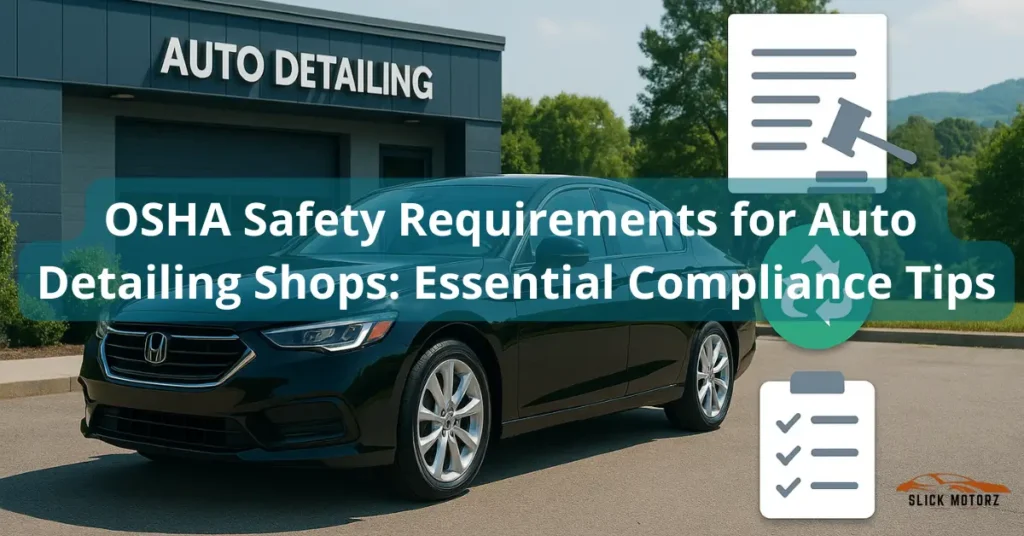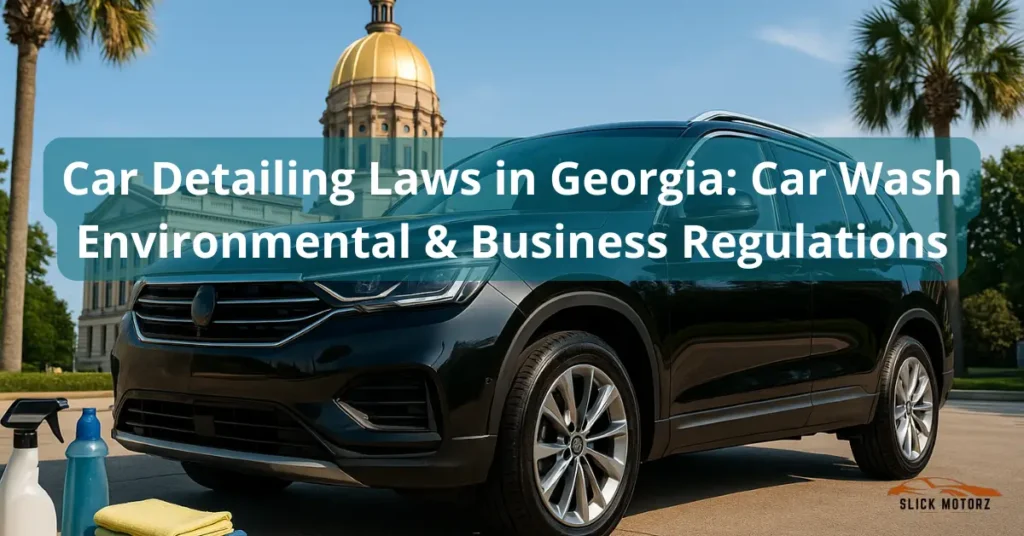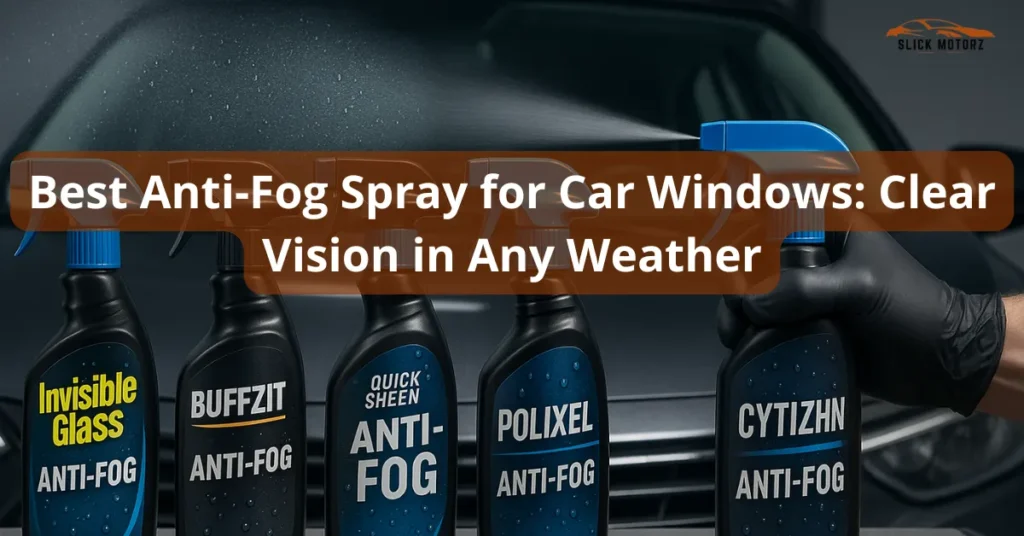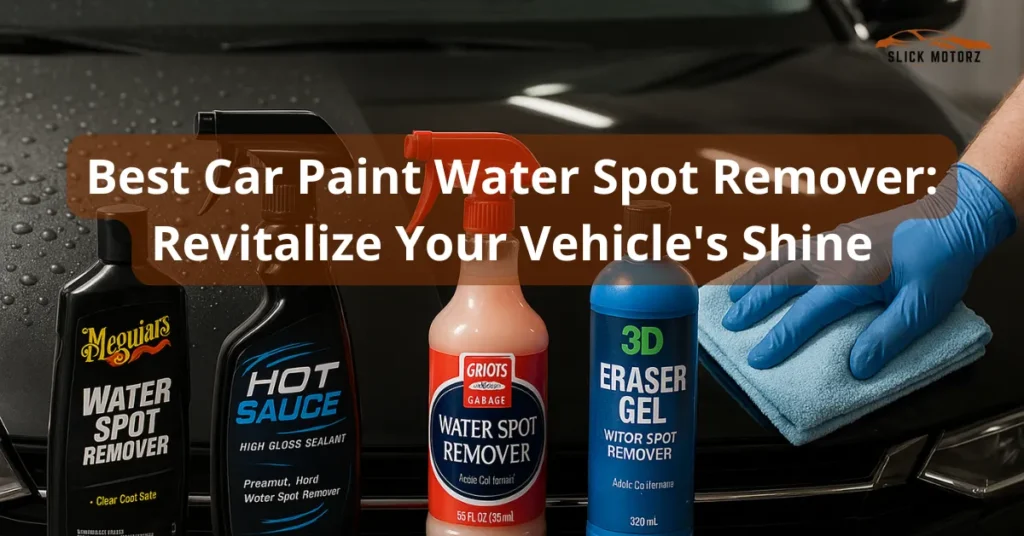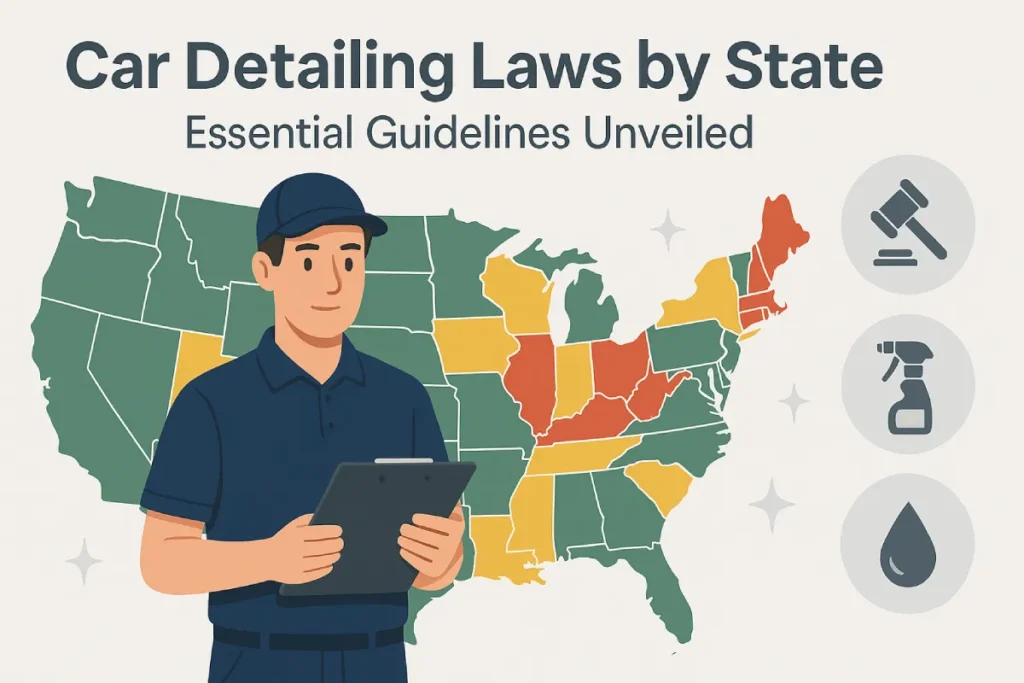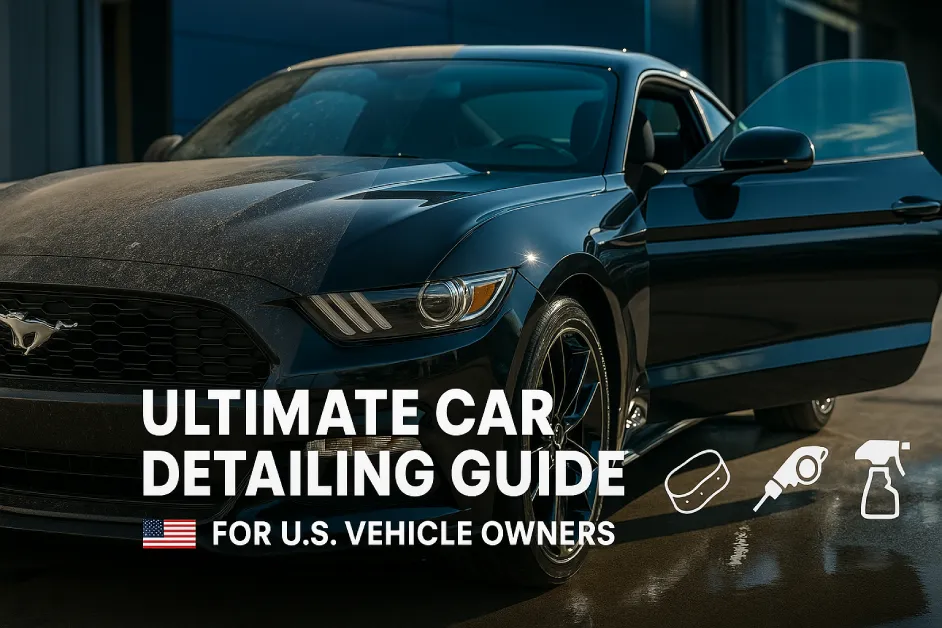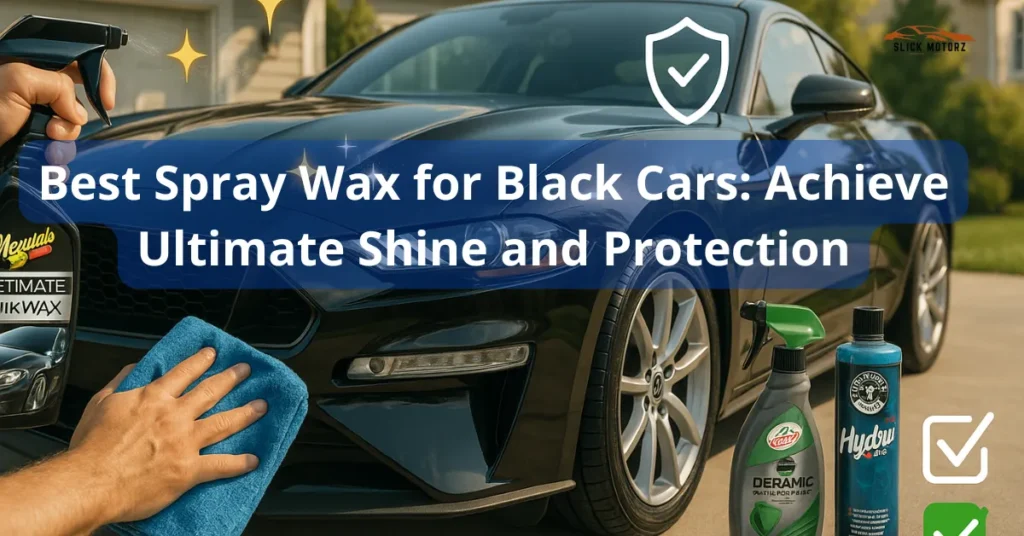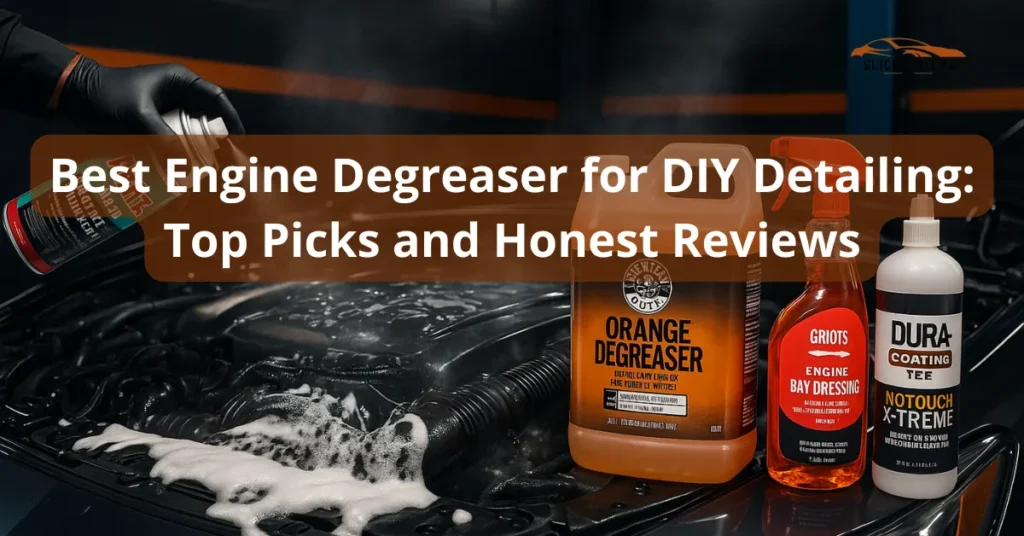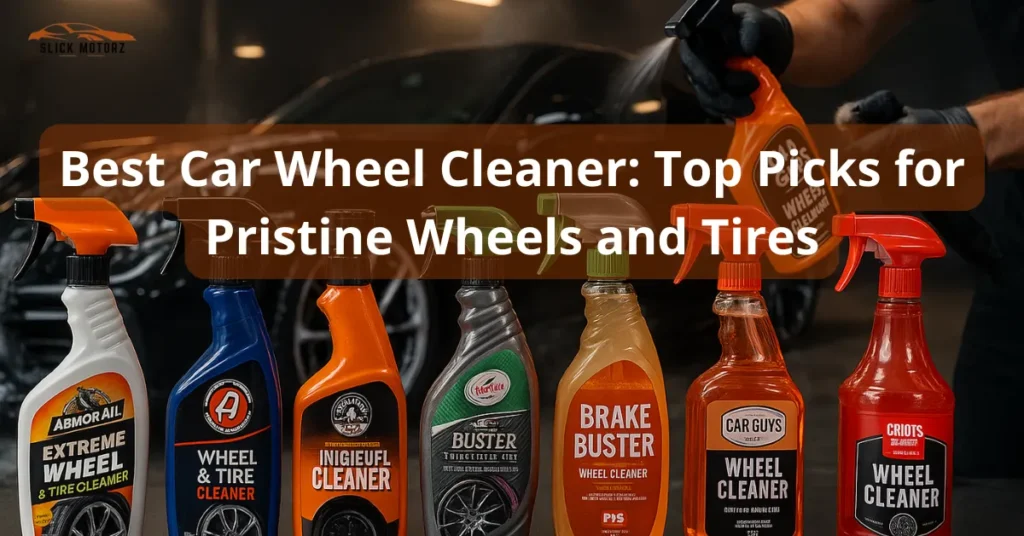If you’re thinking about starting a car detailing business or just want to keep your vehicle looking its best in Massachusetts, understanding the local laws is a must. You might wonder: What permits do you need?
Are there specific environmental rules you must follow? How do these laws affect your daily operations or your choice of cleaning products? Knowing the answers can save you time, money, and even legal trouble. You’ll discover everything you need to know about car detailing laws in Massachusetts—so you can keep your business or personal car care on the right track.
Keep reading to make sure you’re fully prepared and compliant!

Credit: m.yelp.com
Massachusetts Licensing Requirements
Starting a car detailing business in Massachusetts requires understanding the state’s licensing rules. These rules ensure your business operates legally and meets state standards. Knowing what licenses and permits you need helps avoid fines and delays. This section breaks down key licensing requirements in Massachusetts for car detailers.
Business Structure Options
Choosing the right business structure is the first step. You can operate as a sole proprietorship, partnership, or form a limited liability company (LLC). Each structure has different tax and legal implications. Many car detailers prefer LLCs for protection against personal liability. Registering your business structure with the state is mandatory before applying for licenses.
State And Local Registration
Register your business with the Massachusetts Secretary of the Commonwealth. This step officially creates your business entity. You must also obtain a local business certificate from the city or town where you operate. Local registration allows you to comply with municipal rules and pay local taxes. Both state and local registrations are essential for legal operations.
Special Permits For Detailing
Car detailing may require special permits depending on your services. If you use water or chemicals, environmental permits might apply. Some towns require a wastewater discharge permit to protect local water sources. Check with local environmental agencies for details. Having the right permits protects the environment and keeps your business compliant.
Environmental Regulations
Car detailing businesses in Massachusetts must follow strict environmental regulations. These rules help protect natural resources and keep communities safe. Understanding these regulations is vital for all car detailers in the state. Compliance avoids penalties and supports a cleaner environment.
Water Usage Restrictions
Massachusetts limits water use during car detailing. Water conservation is a priority due to drought risks. Detailers must use water-efficient equipment. Many must recycle water to reduce waste. Using too much water can lead to fines. Always check local water use rules before starting work.
Chemical Disposal Rules
Detailing chemicals can harm the environment if not handled properly. Massachusetts law requires safe disposal of soaps, waxes, and solvents. Chemicals must not enter storm drains or soil. Licensed disposal services often handle hazardous waste. Following chemical disposal rules prevents pollution and legal trouble.
Runoff Management
Runoff from car washing can carry dirt, oil, and chemicals. Massachusetts enforces strict runoff controls to protect water bodies. Detailers must use methods to capture or treat runoff. Using waterless or low-water techniques helps reduce runoff. Proper runoff management protects local rivers and lakes.
Vehicle Inspection And Safety
Vehicle inspection and safety form the foundation of car detailing regulations in Massachusetts. These rules protect both vehicle owners and the public. Proper inspection ensures that detailed vehicles meet the state’s safety and quality standards. This section covers key aspects of inspection standards and safety equipment requirements for car detailing businesses.
Inspection Standards For Detailing
Massachusetts requires vehicles to pass strict inspection standards. These standards focus on cleanliness, functionality, and overall vehicle condition. Inspectors check for damage, leaks, and any defects caused during detailing. The vehicle’s exterior and interior must be free from harmful substances. Detailed cars must also meet emissions and safety regulations. Meeting these standards helps maintain the vehicle’s roadworthiness and appearance.
Safety Equipment Requirements
Car detailing businesses in Massachusetts must use proper safety equipment. This includes gloves, masks, and protective eyewear to protect workers. Safety gear prevents exposure to chemicals and harmful substances. Vehicles must have working lights, brakes, and tires after detailing. Detailing shops should keep fire extinguishers and first aid kits on site. Following these requirements reduces risks and ensures safe operations for everyone involved.
Zoning And Location Rules
Zoning and location rules shape where car detailing businesses can operate in Massachusetts. These rules protect neighborhoods and ensure businesses fit local plans. Understanding these laws helps avoid fines and closures. Business owners must check local zoning laws before starting.
Allowed Business Locations
Massachusetts permits car detailing businesses mostly in commercial and industrial zones. These zones support service businesses and have proper infrastructure. Some cities restrict detailing near residential areas to reduce noise and water runoff. Check with your city or town zoning office for exact rules.
Choosing the right location means easier permits and happier neighbors. Locations near busy roads or shopping centers attract more customers. Avoid places with strict environmental rules that limit water use or chemical disposal.
Home-based Detailing Regulations
Running a car detailing business from home is possible under certain conditions. Many towns permit home-based businesses as long as they do not disturb their neighbors. Noise, traffic, and water runoff must be kept to a minimum. Some towns require a home occupation permit before starting.
Home businesses must follow local rules about signage and parking. Operating only during daytime hours is often required. Check with your local zoning board for specific home-based detailing rules to stay compliant.
Advertising And Signage Laws
Advertising and signage laws play a vital role for car detailing businesses in Massachusetts. These laws ensure clear communication with customers while maintaining community standards. Understanding these rules helps avoid fines and legal issues. Business owners must follow specific guidelines on how they promote their services and display signs.
Permitted Advertising Practices
Massachusetts allows various advertising methods for car detailing businesses. Print ads, online promotions, and vehicle wraps are common ways to attract customers. Ads must be truthful and not misleading. Claims about services should be accurate and verifiable. False promises or exaggerated offers can lead to penalties. Local regulations may require permits for certain advertising activities. Always check with city or town offices before launching new campaigns.
Signage Size And Placement
Signs must meet size limits set by local zoning laws. These limits vary by city and neighborhood. Too large or too many signs can cause fines or removal. Placement rules often restrict signs on public sidewalks or streets. Signs should not block traffic views or pedestrian paths. Illuminated signs may require special permits. Temporary signs like banners have stricter rules and shorter display times. Proper signage helps customers find your business and builds trust.
Tax Obligations For Detailers
Car detailers in Massachusetts must understand their tax responsibilities clearly. These duties ensure compliance with state laws and help avoid penalties. Proper tax management supports business growth and smooth operations.
Sales Tax Collection
Massachusetts requires car detailers to collect sales tax on most services. The current sales tax rate is 6.25%. Detailers must register with the Massachusetts Department of Revenue to collect and remit this tax. Invoices should clearly show the sales tax amount charged to customers. Failing to collect sales tax can lead to fines and back payments. Keeping accurate records of all sales and taxes collected is essential for audits.
Business Income Reporting
Detailers must report all income earned from their business activities to the state. This includes cash, checks, and electronic payments received for services. Accurate income reporting ensures the correct calculation of state and federal taxes. Business owners should keep detailed financial records throughout the year. Filing taxes on time helps avoid penalties and interest charges. Consulting a tax professional can simplify income reporting and compliance.
Common Legal Pitfalls
Operating a car detailing business in Massachusetts involves understanding several legal requirements. Many detailers face common legal pitfalls that can disrupt their operations. These mistakes often arise from a lack of knowledge about state regulations and local rules. Recognizing these issues early helps protect your business and avoid costly problems.
Some pitfalls include ignoring environmental laws, improper waste disposal, and missing necessary permits. These issues can lead to fines and damage your reputation. Staying informed about the legal landscape is essential for a smooth business.
Noncompliance Consequences
Failing to follow car detailing laws in Massachusetts can result in severe penalties. The state enforces strict rules on chemical use and wastewater disposal. Violations may lead to hefty fines or even business closure. Local authorities may also impose sanctions for operating without proper licenses. Legal troubles can drain your time and money. Your customers may lose trust if your business faces regulatory actions.
How To Avoid Violations
Understanding state and local regulations is the first step to avoiding legal issues. Obtain all required licenses before starting your service. Properly manage and dispose of chemicals and wastewater according to Massachusetts laws. Keep detailed records of your compliance efforts. Regularly train your staff on safety and environmental rules. Consult with local authorities or legal experts to stay updated on changes. Taking these steps helps protect your business and ensures long-term success.
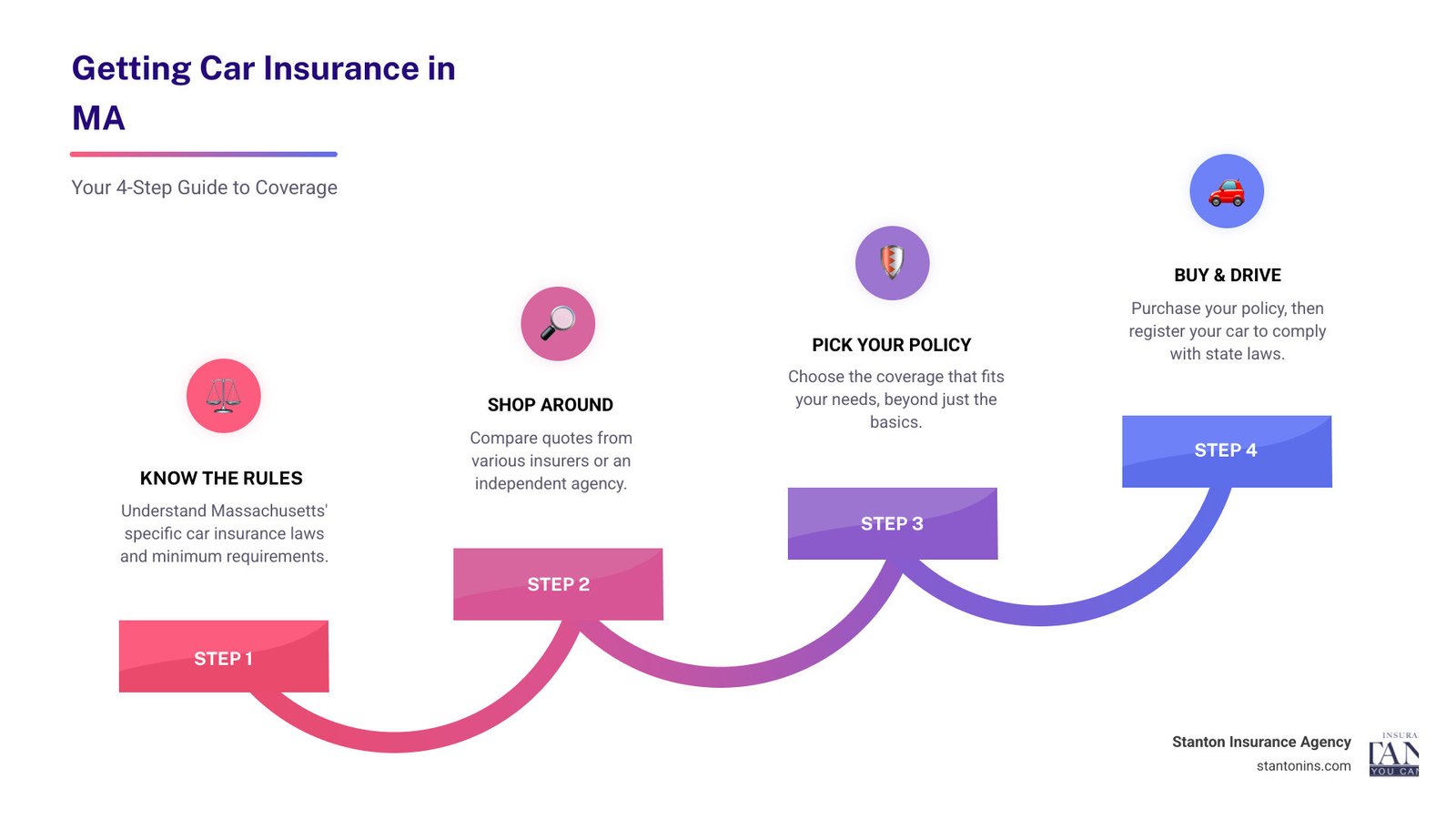
Credit: stantonins.com
Tips For Starting Your Business
Starting a car detailing business in Massachusetts requires careful planning and smart strategies. Understanding local laws is important, but building your brand matters just as much. Focus on creating a strong foundation that attracts customers and grows your reputation. Here are some practical tips to help your new business succeed right from the start.
Building An Online Presence
Create a professional website that shows your services clearly. Use a simple design and easy navigation. Add high-quality photos of your work to attract visitors. Keep your contact information visible on every page. Use social media platforms to share before-and-after pictures regularly. Post updates about special offers and new services. This keeps your audience interested and engaged.
Local Seo Strategies
Claim your Google My Business listing to appear in local searches. Use keywords related to car detailing and your location. Ask happy customers to leave positive reviews online. Include your business name, address, and phone number consistently across all sites. Add your business to local directories and maps. This helps potential clients find you faster in Massachusetts.
Customer Engagement Ideas
Offer discounts for first-time customers to encourage trials. Create referral programs that reward loyal clients for bringing new business. Host small events or partner with local car clubs to boost visibility. Respond quickly and politely to all customer messages and reviews. Share helpful car care tips on social media to show expertise. These actions build trust and encourage repeat business.
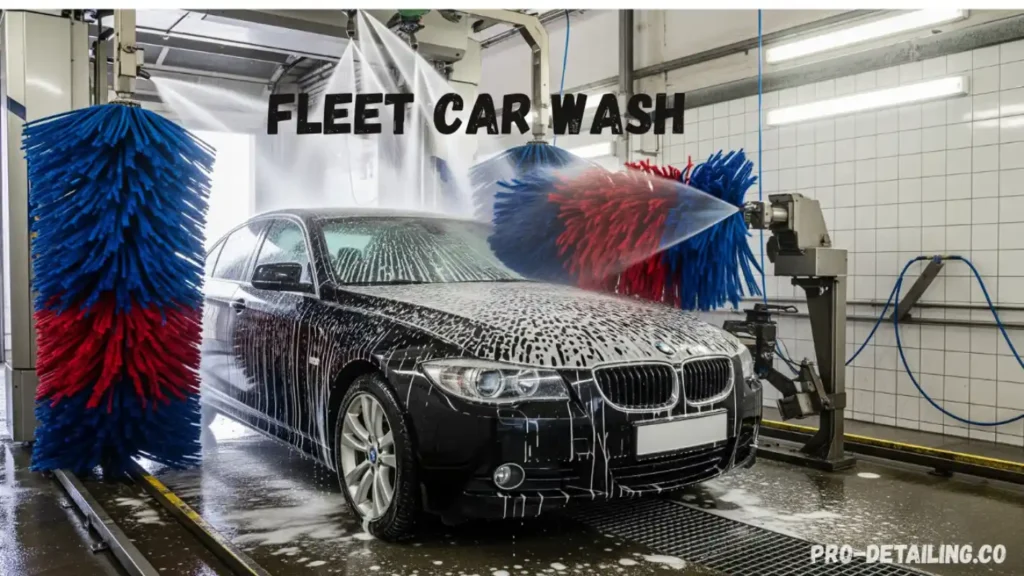
Credit: www.reddit.com
Frequently Asked Questions
Do You Need An LLC for A Car Detailing Business?
You do not need an LLC to start a car detailing business. Choosing an LLC offers legal protection and tax benefits. Register your business according to state and local requirements before applying for necessary licenses.
Should You Start A Car Detailing Business?
Starting a car detailing business offers low startup costs, high demand, and flexible hours. Research local laws and market first.
How Much Does It Cost To Get A Car Detailed In Massachusetts?
Car detailing in Massachusetts typically costs between $250 and $600. Basic exterior washes start around $250, while full detailing can reach $600 or more. Prices vary by service type and vehicle size. Ceramic coating services may cost $400 to over $1,200.
How Do I Get My Detailing Business Out There?
Create a professional website and showcase before-and-after photos on social media. Optimize local SEO with Google My Business. Encourage customer reviews and run referral programs. Partner with local businesses and sponsor community events. Offer first-time discounts and seasonal promotions to attract new clients.
Conclusion
Understanding car detailing laws in Massachusetts helps you stay compliant and avoid fines. Always check local rules before starting or operating a detailing business. Proper licensing and following environmental regulations protect your business and customers. Keep your workspace clean and use approved products to meet state standards.
Staying informed about these laws ensures a smooth and legal operation. This knowledge also builds trust with clients and supports your business growth. Remember, clear rules keep your detailing work safe and professional.


